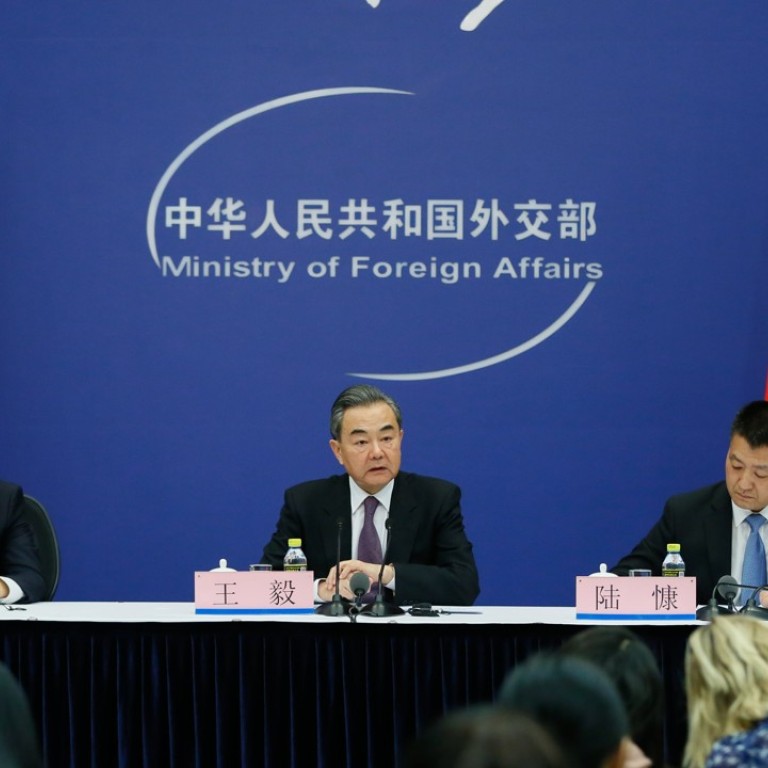
Boao Forum for Asia the perfect occasion for Xi to announce major reforms
With a looming trade war with the US as a backdrop, China must make long-term changes to strengthen the nation’s economy and make it more resilient to external influences
President Xi Jinping is widely expected to announce major economic reforms when he gives the keynote speech at the Boao Forum for Asia at the opening ceremony. It is the perfect occasion for such a pronouncement; the annual gathering of government leaders, business titans and entrepreneurs in the Hainan town has arguably surpassed the importance of its European counterpart in the Swiss resort of Davos, the World Economic Forum.
Coming as trade tensions between China and the United States rush towards a full-blown war, investors and those with financial clout will be closely watching what is said. Measures proving the nation’s commitment to opening up and increasing foreign access to its markets would garner global plaudits.
There is much speculation as to what Xi will announce. He used his speech at the forum in 2015 to promote two of his most important strategies, the “Belt and Road Initiative” and the idea of a shared destiny for the world. The establishment of free-trade ports with greater freedom for policymaking than existing free-trade zones is tipped to be one of the major revelations.
Xi foreshadowed a deepening of reforms at the 19th Communist Party Congress last November. Premier Li Keqiang and Vice-Premier Liu He have spoken of China needing to protect its interests and guard against risks, obvious references to the tactics of US president Donald Trump, the poster child of the anti-globalisation movement. But the looming trade war with China he launched is just the backdrop for the long-term changes that Chinese leaders have to make to strengthen the nation’s economy and make it more resilient to external influences.
The 40th anniversary of China’s reforms and opening up is the right occasion to unveil bold measures needed to take the nation to its next stage of development. Liu, Xi’s top economics adviser, gave a taste at Davos in January, saying that there would be further economic liberalisation, alignment with the global rules of trade, increased market access, expansion of the services sector and creation of a welcoming environment for investors. Li, in his annual work report to the National People’s Congress last month, gave examples of some of the markets to be targeted, listing telecommunications, health care and education. What has so far been lacking, though, are the specifics.
Commentators have long compared the Boao Forum to that in Davos and the former is now often referred to as the World Economic Forum of Asia. But given Asia is the world’s engine and driver of growth and key decision-makers gather at Boao each year, it would seem to have greater clout. Understandably, given the uncertainty to the global economy, hopes are pinned on Xi to lay out a means of assuring continued development and prosperity.

